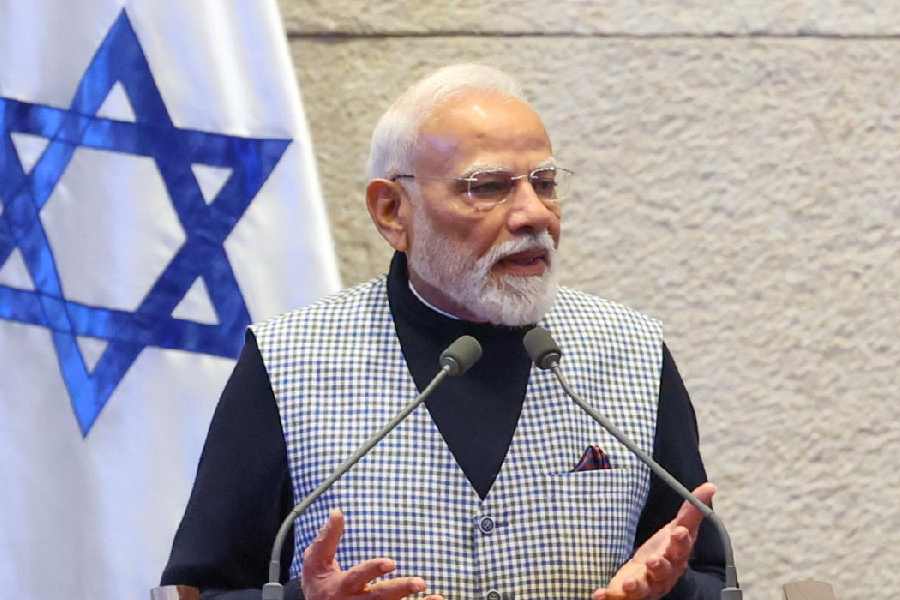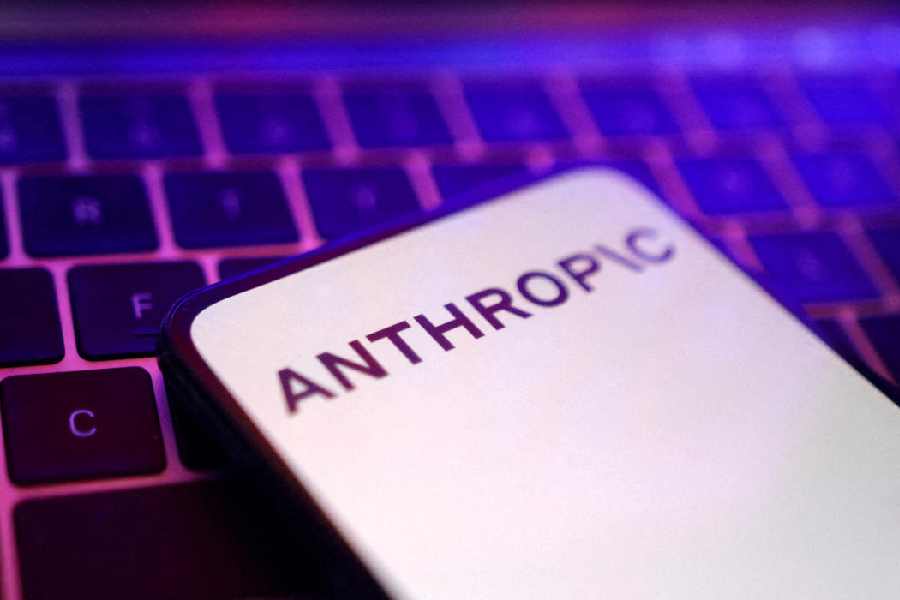Language reflects lived experiences or social realities. By extension, we can assume that changes in language and linguistic usage reflect social and experiential change. Let’s take a look at the reflection of the universe of kinship in language. Let’s compare Bengali, representing Indian languages in a general sense, and English, representing languages derived from Latin.
The notion of sibling is loose in the Indian context. Kinship terminology is expansive to accommodate this social reality. The words for siblings — dada, didi, bhai and bon — are thus applicable to cousins as well, with suitable modifiers to specify the exact nature of cousinship. Thus, mother’s brother’s son (mamato bhai), father’s sister’s daughter (pistuto bon) and so on.
In Anglosphere English, siblings are siblings — half-siblings can be admitted to the club depending on familial circumstances — and cousins are cousins. There is no space for the mongrel terms, ‘cousin brother’ or ‘cousin sister’, because they are contradictions in terms.
This has linguistic and nomenclatural implications. First, aunts and uncles are aunts and uncles and cousins are cousins and never the twain shall meet. Semantically, aunts and uncles are siblings (perhaps half-siblings) of parents, and their spouses. Cousins of parents are cousins, not uncles or aunts. Going further up the line, siblings
of grandparents are great-aunts or great-uncles. Grandparents’ cousins are likewise cousins. Literary evidence suggests that ‘cousin’ was a form of address when younger generations spoke with older ones, largely before World War I, but, today, given names suffice regardless of generational barriers.
Pride of place
This is, of course, unthinkable in our contexts. Just as cousins are a qualified form of siblings, parents’ cousins are aunts and uncles, and grandparents’ cousins are great-aunts and great-uncles. The same set of kinship terms applies, usually qualified by the use of a given name to signify relative social distance.
The joint family is no more the predominant unit of society in India. It is dissolving in the rural hinterlands as well but can still be said to be common. Kinship terms may slowly evolve to meet evolving social realities but this won’t necessarily happen anytime soon.
Which brings us to an instance of nomenclatural change possibly reflecting transformations in the kinship universe. This extended rumination was spurred by the
long overdue satisfaction of curiosity about whether English has a feminine equivalent for the word, avuncular. The internet yielded the word, “materteral”, which the Oxford English Dictionary glosses as “humorously pedantic”. Nevertheless, the important takeaway from lexicographical perusal was that avuncular comes from the Latin root, ‘avunculus’, meaning maternal uncle, while materteral comes from ‘matertera’, meaning maternal aunt.
Thus, in antiquity, a distinction was made between aunts and uncles on the father’s and mother’s side, which was extinguished as the West European vernaculars developed. This clearly had something to do with the thinning out of kinship ties in the medieval period.
English still retains the memory of familiarity. Avuncular means being kind and friendly to younger people, ‘like an uncle’, although the distinction between maternal and paternal siblings has disappeared as kinship worlds have hollowed out. But in India,
where kinship remains denser and more complex, the distinctions among various types of uncles and aunts remain, with the maternal uncle — mama — retaining a pride
of place.











